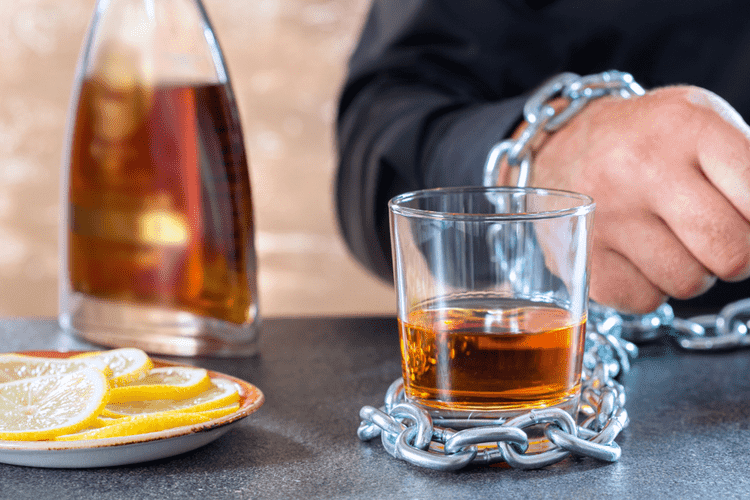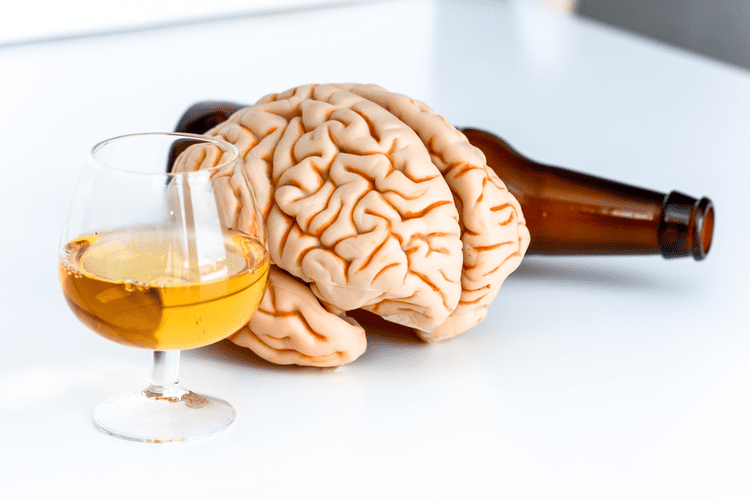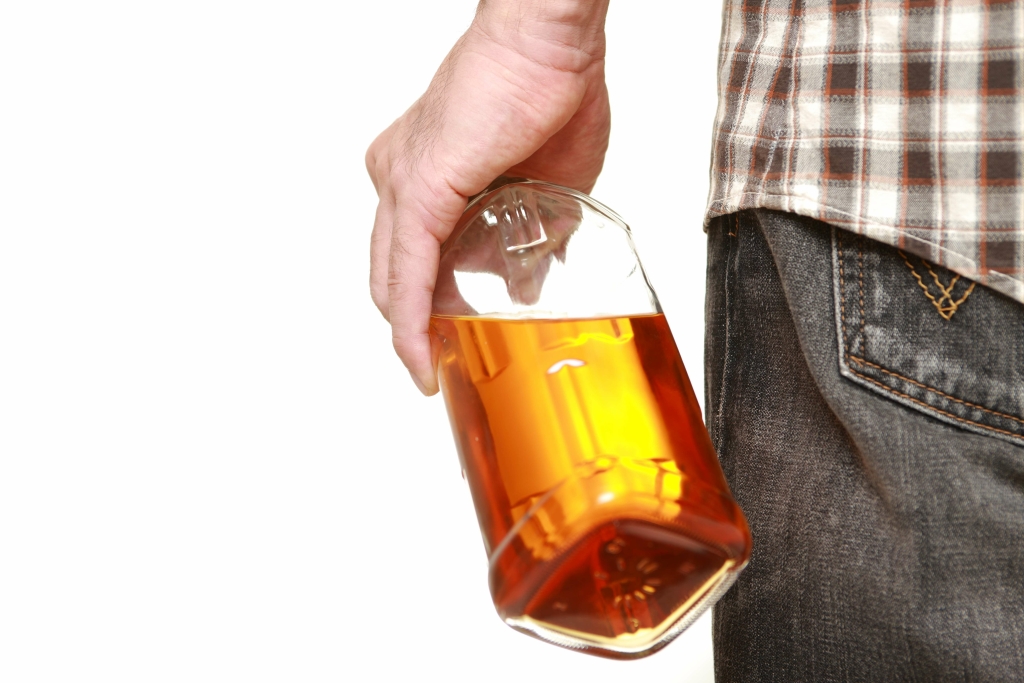Having beer or wine after work to cope with stress can eventually become a bad habit. What begins as casual drinking can escalate to problem drinking and even addiction. Is after-work drinking feeling like a necessity at the end of a long, hectic day? If you’re going to the bar after every shift or binge drinking when you get home from the office, it may be time to seek help. Setting limits on alcohol consumption is a growing trend among health-conscious individuals.
- Excessive alcohol consumption has been linked to a range of long-term health problems.
- Managers should know the telltale signs of on-the-job drinking, but they should never accuse a worker of being inebriated, Shea said.
- If you find yourself regularly drinking to get through the workday, it might be time to reassess your relationship with alcohol and seek support if necessary.
Safety tips as boil advisories are lifted

Communicating these boundaries clearly and consistently to friends, family, and colleagues is important to ensure they are respected and supported. In the tech industry, the rise of remote and hybrid work models has reduced the incidence of in-person after-work socializing, leading to a decline in drinking as a bonding ritual. This shift has been influenced by a recognition of the importance of mental health and the negative consequences of alcohol on well-being. It’s often a relief to knock back a drink or two after a long day at work, and as an added incentive, happy hour is usually from 4–6 p.m., coinciding perfectly with the end of the workday.

After-Work Drinks: Things Employers Should Consider

For example, from start-ups offering in-office bars to virtual happy hours during the pandemic, many companies use alcohol and social drinking as a team-building tool. In fact, workplace alcoholism and alcohol abuse amount to lost productivity, healthcare costs, traffic accidents and personal tragedies totaling between $33 billion to $68 billion per year, per OPM. Even outside the 9-to-5, personal relationships with alcohol are shifting. Trends show Americans, for instance, are drinking less than they used to, with the average number of drinks consumed falling from 4.8 in 2009 to 3.6 in 2021, per Gallup data.
Yes, After-Work Drinking Is a Serious Workplace Issue
That means you need to be ready to evaluate whether an effective accommodation can be made. For help, check out 5 tips for accommodating employees with alcohol use disorders. Falsely accusing an employee can lead to major trouble, so it’s important to balance the delicacy https://sakurawars.us/computer-games-to-enhance-brain-power/ of the situation with prioritizing the health and safety of all employees.
‘Worst’ year ever for farms in North Carolina
If your employer does not already have programs in place to address substance misuse among employees, bring concerns to your HR department or boss. If you are concerned about employees you supervise, you may want to work with other management to implement new policies. One might assume that perhaps a light beer is the best way to end a long day in the http://newezo.ru/theosophy/news/ob-etom-dolzhen-znat-kazhdyiy-vrednyie-ingredientyi-v-kosmeticheskih-sredstvah.html office but in fact, it was found that over 1 in 10 workers say they drink shots during afterwork drinks.
- This self-awareness can guide you in making decisions that align with your personal and professional goals.
- Either way, your friends might be curious what you’re up to if you discover a new passion for non-alcoholic mixology or evening bicycle rides.
- “It can be really hard to draw boundaries in that environment,” she said, especially when networking and seeming like “one of the guys” centers on alcohol-fueled events.
- An effective policy should also dictate when disciplinary or other action is taken, such as drug possession or dealing at work being reported to the police.
- Depending on the severity of the situation, this could create a negative atmosphere in the office, affect other team members, and even decrease the productivity of the business overall.
- On Oct. 11, the city decided to pressurize the distribution system by pumping water directly from the reservoir and bypassing the treatment plant altogether.
- This routine is often viewed as a way to decompress, transition from work to personal time, and foster camaraderie among colleagues.
End Office Happy Hours
However, over time, it impairs brain function and can reduce the size of the hippocampus, an area crucial for memory and learning. This brain shrinkage correlates with the amount of alcohol consumed, with even moderate drinkers at risk. https://mgodeloros.ru/stati/pohmele-pohozhe-ne-silno-vlijaet-na-vremja-do.html Withdrawal symptoms, such as anxiety and craving for more alcohol, can exacerbate mental health issues if alcohol is used as a coping mechanism instead of seeking professional help.
Get Help With Alcohol Addiction

Today, this sort of gathering occurs frequently, but it could increase the chances of the worker-supervisor relationship becoming somewhat muddled. Cherry-picking employees to fraternize with could undoubtedly create tension and an undesirable workplace environment. To mitigate this issue, management can insist on group lunches or another outing that allows employees to bond. Employees who may be in recovery or simply choose not to drink might feel uncomfortable in an environment where alcohol is abundant.
